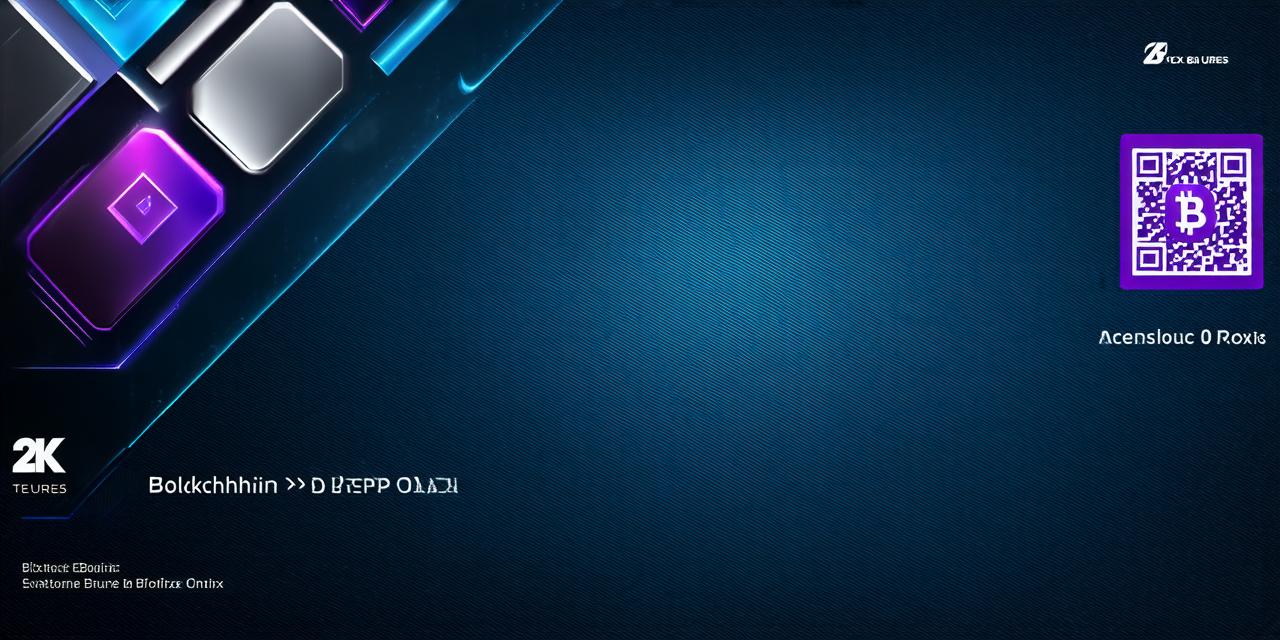Blockchain technology has the potential to revolutionize various industries by providing a decentralized and secure platform for transactions.
The use of blockchain technology in transactions eliminates intermediaries, reduces transaction costs, increases transparency, and provides accountability. This makes it an attractive option for businesses looking to improve their operations.
Intermediaries
One of the key benefits of using blockchain technology in transactions is the elimination of intermediaries. With blockchain, businesses can transact directly with each other without the need for a third-party to facilitate the transaction.
Counterparty Risk

Another benefit of using blockchain technology in transactions is the elimination of counterparty risk. Counterparty risk refers to the possibility that one party to a transaction may not fulfill its obligations, such as delivering goods or paying for them. With blockchain, transactions are recorded on a public ledger, making it difficult for either party to alter the transaction.
Fraud
Blockchain technology also eliminates fraud by providing a secure and transparent platform for transactions. With blockchain, transactions are encrypted and verified using cryptography, making it difficult for hackers to alter or steal data.
Use Cases
Blockchain technology has the potential to revolutionize various industries by providing a decentralized and secure platform for transactions. The use of blockchain technology in transactions eliminates intermediaries, reduces transaction costs, increases transparency, and provides accountability. This makes it an attractive option for businesses looking to improve their operations.
Financial Industry
In the financial industry, blockchain technology is being used to create decentralized payment systems that eliminate intermediaries, reducing transaction costs. For example, Ripple is a cryptocurrency that uses blockchain technology to provide fast and low-cost cross-border payments.
Healthcare Industry
Blockchain technology is being used to create secure and transparent platforms for storing and sharing medical records. With blockchain, medical records are encrypted and verified using cryptography, making it difficult for hackers to alter or steal data. This provides a high level of security and reduces the risk of fraud. Blockchain-based medical record systems also provide patients with more control over their medical data, as they can choose who has access to it.
Supply Chain Industry
Blockchain technology is being used to create transparent and secure platforms for tracking goods from production to delivery. With blockchain, every transaction in the supply chain is recorded on a public ledger, providing transparency and accountability. This eliminates fraud and provides businesses with more visibility into their supply chain operations, allowing them to identify and address issues more quickly.
Conclusion
In conclusion, blockchain technology has the potential to transform various industries by providing a decentralized and secure platform for transactions. The use of blockchain technology in transactions eliminates intermediaries, reduces transaction costs, increases transparency, and provides accountability. As blockchain technology continues to evolve, we can expect to see even more benefits and use cases emerge, making it an attractive option for businesses looking to improve their operations.



